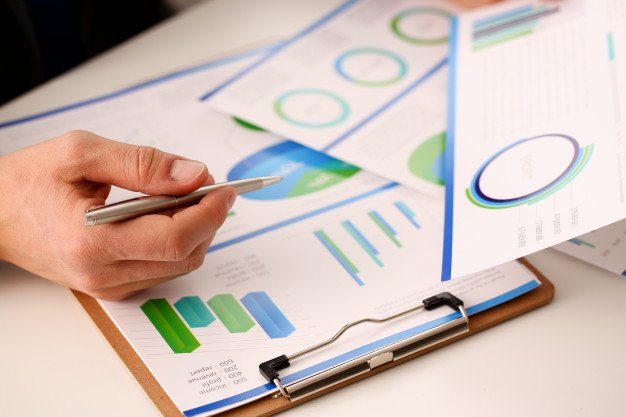Procurement contracts can often be very overwhelming to create and manage. It involves a lot of different moving parts, from negotiating to price, setting out milestones, defining the scope of work and so much more. You want to ensure the top quality of work for your company without incurring too many extra costs. Learning about the procurement management process can help you navigate this journey with a bit more ease and confidence.
What is the procurement contract management process?
Having a procurement contract management process involves managing the ordering, receipt, and approval of materials from suppliers. It also deals with managing relations with suppliers and sellers. By having an established procurement contract management process, you can ensure that the materials and services provided meet your needs.
What does the procurement management process look like?
The process of procurement management will look different from any project, but loosely follows the following workflow:
Before you even think of procuring anything, your company will realize it needs a certain product or service. Maybe it is something as simple as new computer monitors for one department, or a much bigger project like the construction of a new building as your company expands.
Planning
In this stage, your team will smooth out the details related to the project, determine the budget, and start to draft out a contract. You will begin to write SOW (statements of work) to serve as a document outlining the work being contracted, for all outsider contractors you work with. Check out a sample statement of work here.
Depending on the size of your company and who is in charge of purchasing, you may need to request approval from a higher-up at this point in the procurement management process. A senior manager may need to approve budgets and make amendments to the statement of work.
Requesting quotes
After approval is given, whether that is from a manager or from yourself, you can send out a request for quotations (RFQ) to various sellers. This is when different companies bid for your project. Depending on the risk involved, whether that be physical or financial, there may be more or fewer bidders.
Reviewing and finalizing proposals
This is the stage where your team selects the vendor you want to work with. Usually, teams will have a set of criteria that will use to determine which seller to go with. The reputation of the company and prior experience working with them may also come into play during decision-making.
Negotiation and signing
Once you’ve finalized your selection, your team will have to negotiate with them. After both the buyer and seller are happy with the procurement contract, they will sign the contract and purchase order (PO) will be sent to the seller to purchase materials. At this stage, the contract is active and the project is underway.
Managing and overseeing contractors
The procurement management process doesn’t quite end there. Having someone request frequent status updates and oversee the project will help you keep up-to-date. The progress can be tracked down and in this way you can prevent your company from getting blind-sided by huge issues late on. Monitoring and tracking their work will help you understand if the project is going as planned. If things aren’t going well, at least you can take action earlier in the project than react to it at the end.
Having a records management system in place will make things much easier at the end of the contract as you move closer to payment.
End of procurement contract
Once the contractor completes the work set out in the contract, the procurement management process has ended. This is when the contract formally releases liability and payment is processed. At this stage, invoices, records and other documents from both parties are matched and compared against to ensure that the fees are correct, this is usually achieved with the help of a purchase requisition platform like Coupa’s system.
Knowing what the procurement process is like is integral to any business. You may be on either end of the process, either buying or selling to someone. Governmental bodies often undergo procurement to take on projects like marketing or auditing.


























